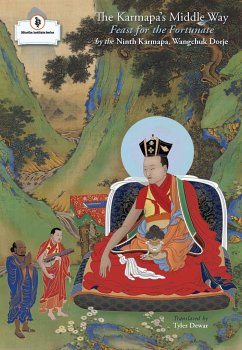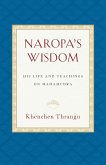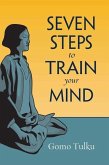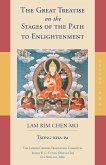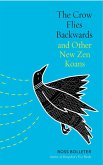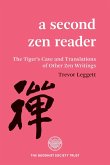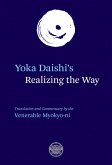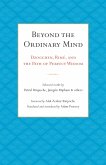Marked by eloquent poetry, vigorous and extensive analysis, and heart instructions on breaking through the veils of confusion to independently experience the true nature of things, The Karmapa's Middle Way contains the Ninth Karmapa Wangchuk Dorje's comprehensive commentary on the Indian master Chandrakirti's seminal text, the Madhyamakavatara, or Entrance to the Middle Way. This commentary, Feast for the Fortunate, is the Ninth Karmapa's abridgement of the Eighth Karmapa Mikyö Dorje's masterpiece, the Chariot of the Takpo Kagyü Siddhas. In it, readers will find previously unavailable material on the Karmapas' Middle Way view and a rare window into a philosophically charged era of Middle Way exposition in Tibetan Buddhism. It includes Chandrakirti's root text to the Entrance to the Middle Way and its commentary by the Ninth Karmapa; an introduction detailing the history of the Middle Way, key Middle Way philosophical principles, and the main points of each chapter of the text; an annotated translation of a famous excerpt of Chandrakirti's Lucid Words; and other useful appendices and reference materials.
Hinweis: Dieser Artikel kann nur an eine deutsche Lieferadresse ausgeliefert werden.
Hinweis: Dieser Artikel kann nur an eine deutsche Lieferadresse ausgeliefert werden.

